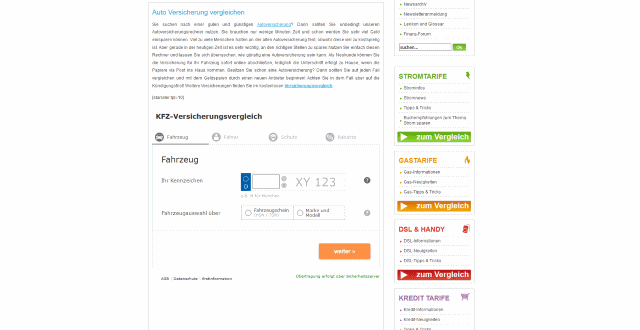A Complete Guide to Business Funding: From Government Grants to Crowdfunding
Securing funding is often the most challenging aspect of starting or expanding a business. Whether you're launching a startup or scaling an established company, understanding the various funding options available can make the difference between success and stagnation. This comprehensive guide explores different funding sources and helps you determine which options might best suit your business needs.

What Are the Main Types of Business Funding Available?
Business funding comes in several forms, each with its own requirements and benefits. The primary categories include:
-
Traditional bank loans
-
Government grants and programs
-
Angel investors and venture capital
-
Crowdfunding platforms
-
Small business loans
-
Microloans and alternative lending
How Do Government Grants and Programs Support Businesses?
Government grants represent one of the most attractive funding options because they don’t require repayment. Federal, state, and local governments offer various programs targeting specific industries, demographics, or business objectives. These programs often focus on:
-
Research and development
-
Environmental initiatives
-
Rural business development
-
Minority-owned businesses
-
Women-owned enterprises
What Makes Crowdfunding an Effective Funding Option?
Crowdfunding has revolutionized business funding by allowing entrepreneurs to present their ideas directly to potential supporters. Platforms like Kickstarter, Indiegogo, and GoFundMe enable businesses to:
-
Test market demand
-
Build a customer base before launch
-
Raise funds without giving up equity
-
Create brand awareness
-
Engage with supporters directly
Which Traditional Funding Methods Remain Reliable?
Despite newer funding options, traditional methods continue to provide stable financing solutions. These include:
-
Bank loans with competitive interest rates
-
SBA-backed loans with favorable terms
-
Business lines of credit for flexible funding
-
Equipment financing for specific purchases
-
Invoice factoring for immediate cash flow
What Are the Latest Trends in Business Funding?
Recent developments have expanded funding opportunities for businesses. Notable trends include:
-
Revenue-based financing
-
Peer-to-peer lending platforms
-
Digital lending solutions
-
Blockchain-based funding options
-
Hybrid funding models combining multiple sources
How Do Different Funding Options Compare?
| Funding Type | Average Timeline | Typical Amount Range | Key Requirements |
|---|---|---|---|
| Government Grants | 3-6 months | $5,000-$500,000 | Detailed proposal, specific criteria |
| Crowdfunding | 1-3 months | $5,000-$100,000 | Strong marketing, engaged network |
| Bank Loans | 2-4 weeks | $25,000-$1,000,000 | Good credit, collateral |
| Angel Investment | 3-6 months | $50,000-$1,000,000 | Strong business plan, equity sharing |
| Microloans | 1-2 weeks | $500-$50,000 | Basic business documentation |
Prices, rates, or cost estimates mentioned in this article are based on the latest available information but may change over time. Independent research is advised before making financial decisions.
Choosing the right funding option depends on various factors, including your business model, growth stage, and specific needs. While government grants offer “free” money, they often come with strict requirements and lengthy application processes. Crowdfunding can provide quick capital but requires significant marketing effort. Traditional loans offer reliability but may require collateral and excellent credit history. Consider combining multiple funding sources to create a comprehensive financing strategy that supports your business goals while managing risks effectively.




